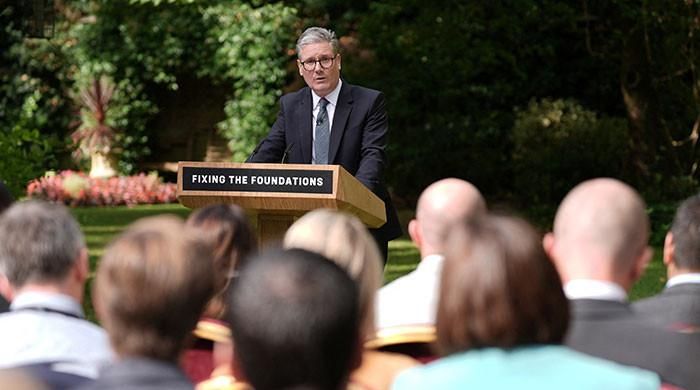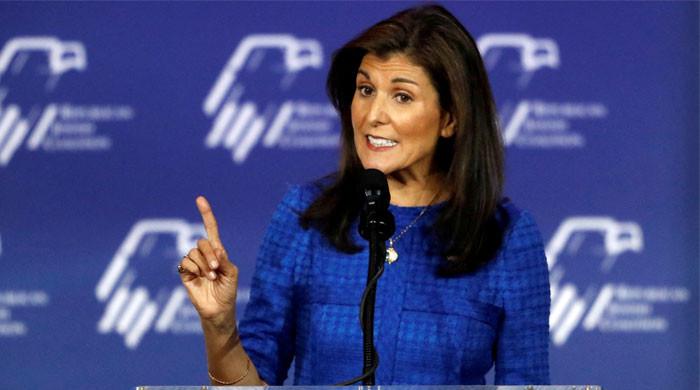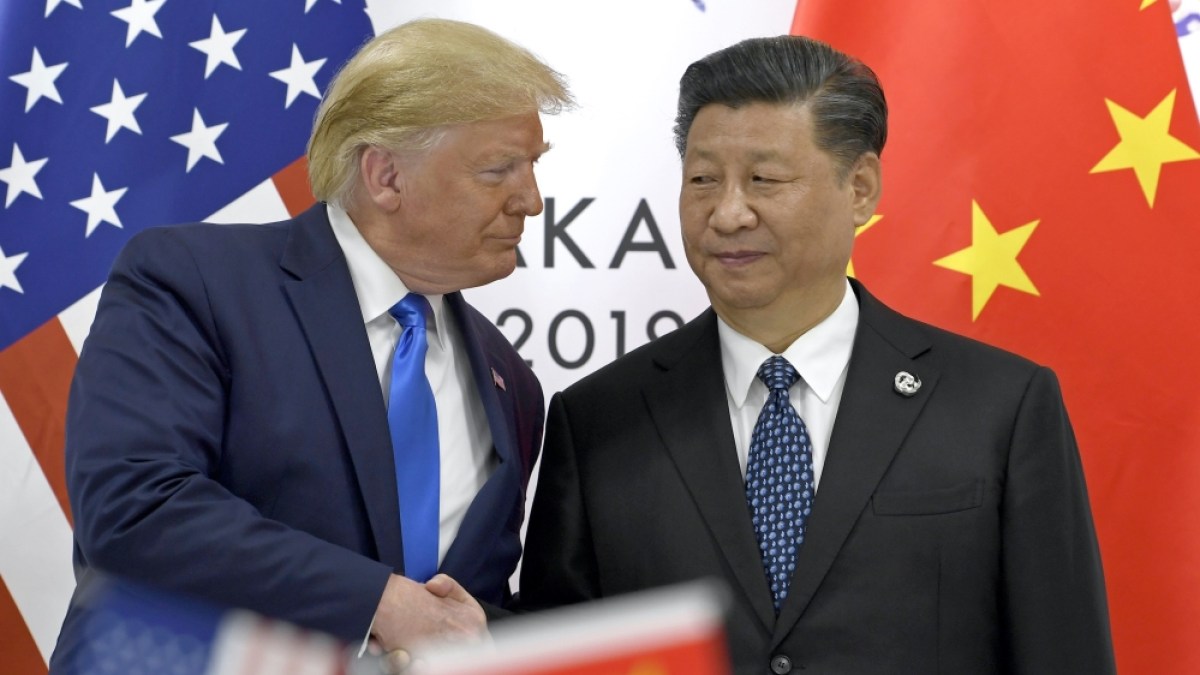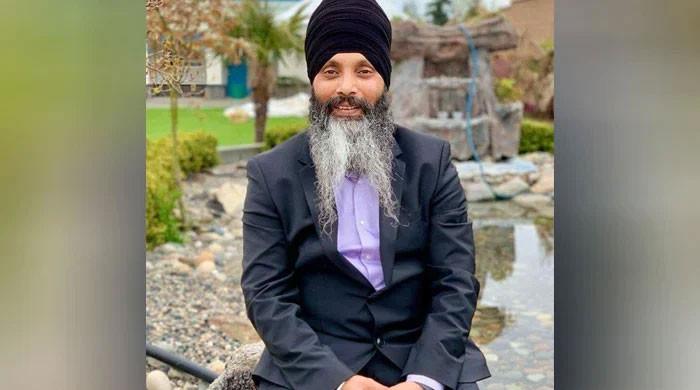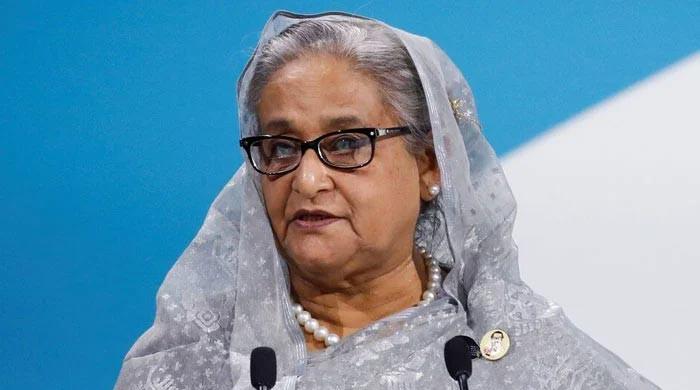- The Prime Minister says Britain's restructuring will take time.
- Prime Minister suggests possible higher taxes on the rich.
- Riots showed division within Britain – Starmer
LONDON: Prime Minister Keir Starmer said on Tuesday he will have to make unpopular decisions, raising the prospect of “painful” taxes on the rich and spending cuts to try to fix Britain's many problems that he says are due to poor Conservative governance.
In a speech in the Rose Garden of his Downing Street office, the scene of COVID-19 parties under a previous Conservative government, Starmer promised to end politics as usual and told voters he was sincere with them that Britain’s problems would only get worse before they got better.
Elected in a landslide victory in July, Starmer has vowed to rebuild British society and said this month's anti-immigrant riots reflected entrenched divisions, fueled by what he described as the Conservatives' preference for populism.
He also blamed the last government for leaving him with a £22 billion ($29 billion) black hole, something he said was unexpected and forced him to make some tough decisions such as limiting fuel payments to the elderly.
The opposition Conservative Party accuses Starmer's Labour Party of portraying the fiscal situation as much worse than it is so it can raise taxes after campaigning before the election on an agenda not to raise certain taxes on workers.
Starmer said he planned to keep that promise, but there would be short-term pain in what he said would be “unpopular decisions” for long-term good.
“A budget will be presented in October and it will be painful. We have no other choice.” […]”Those with the broadest shoulders should bear the heaviest burden,” he said in a speech to voters he met on the campaign trail, referring to a tax return due on Oct. 30.
“We've inherited not only an economic black hole but a social one as well, and so we have to take action and do things differently. Part of that is being honest with people about the choices we face and how difficult this is going to be,” he said.
“Frankly, things will get worse before they get better,” he told the audience of apprentices, teachers, nurses, small business owners and firefighters.
The Rose Garden was last in the news after it was used by former Prime Minister Boris Johnson and his staff to host parties during the COVID-19 lockdowns, events which Starmer said had shattered trust between the public and their politicians.
Conservative leadership candidate Kemi Badenoch, who is also the party's policy chief for housing and communities, said the speech was based on “dishonest analysis”.
“The truth is that Keir Starmer is managing voter expectations after a decade of decline,” he said in a statement.
Places of imprisonment
Starmer, a former director of public prosecutions, said he could not believe that as prime minister he had to count available prison places to try to deal with those behind the riots against Muslims and immigrants.
“Not having enough prison places is as serious a failure as any other. And those people throwing rocks, setting cars on fire and making threats not only knew the system was broken, they were gambling on it, playing it,” he said.
Starmer said the previous Conservative government's failure to tackle the problems and its focus on the “snake oil” of populism had widened divisions in society that would take time to heal.
He inherited a slow-growing economy that is only now showing signs of improving. Public sector net debt is at its highest level since the early 1960s and the tax burden is on track to reach its highest level in almost 80 years.
Finance Minister Rachel Reeves has said the projected spending overhang in the public finances means billions of pounds of spending will have to be cut.
“Those who caused the mess should do their part to clean it up,” Starmer said, referring to the water regulator's new ability to impose severe fines on companies responsible for allowing wastewater into lakes and rivers.
“But, just as when I responded to the riots, I will have to turn to the country and make big requests of them too, to accept short-term pain for long-term good – a difficult compromise, but the genuine solution.”

